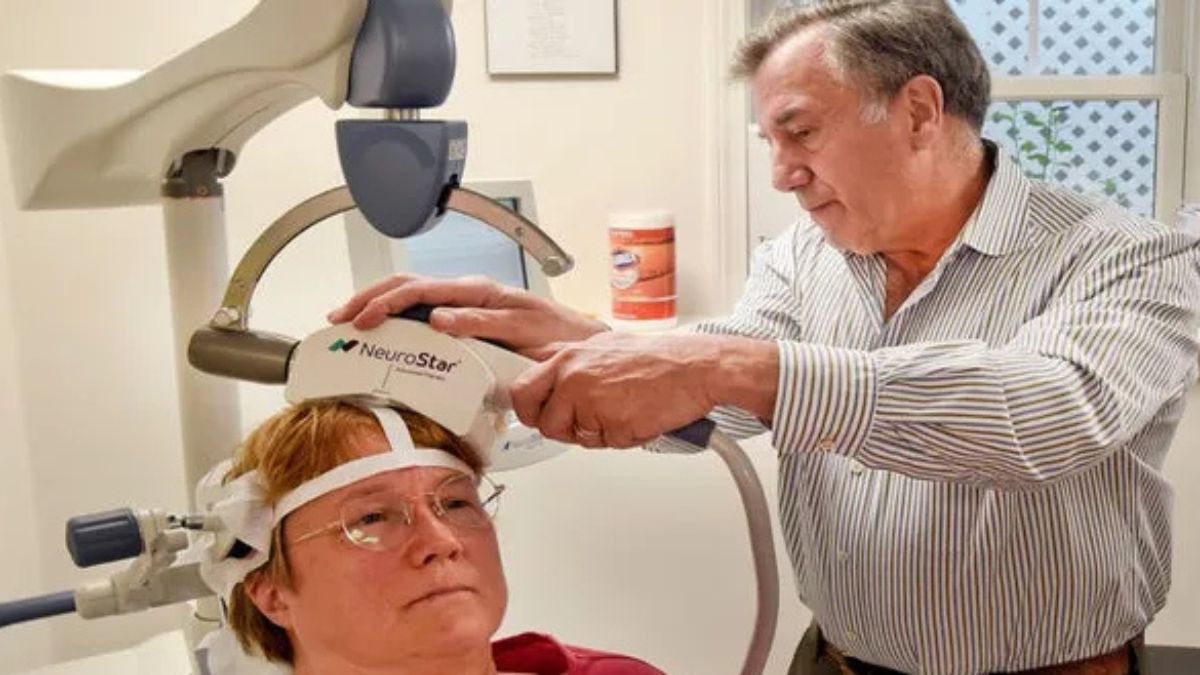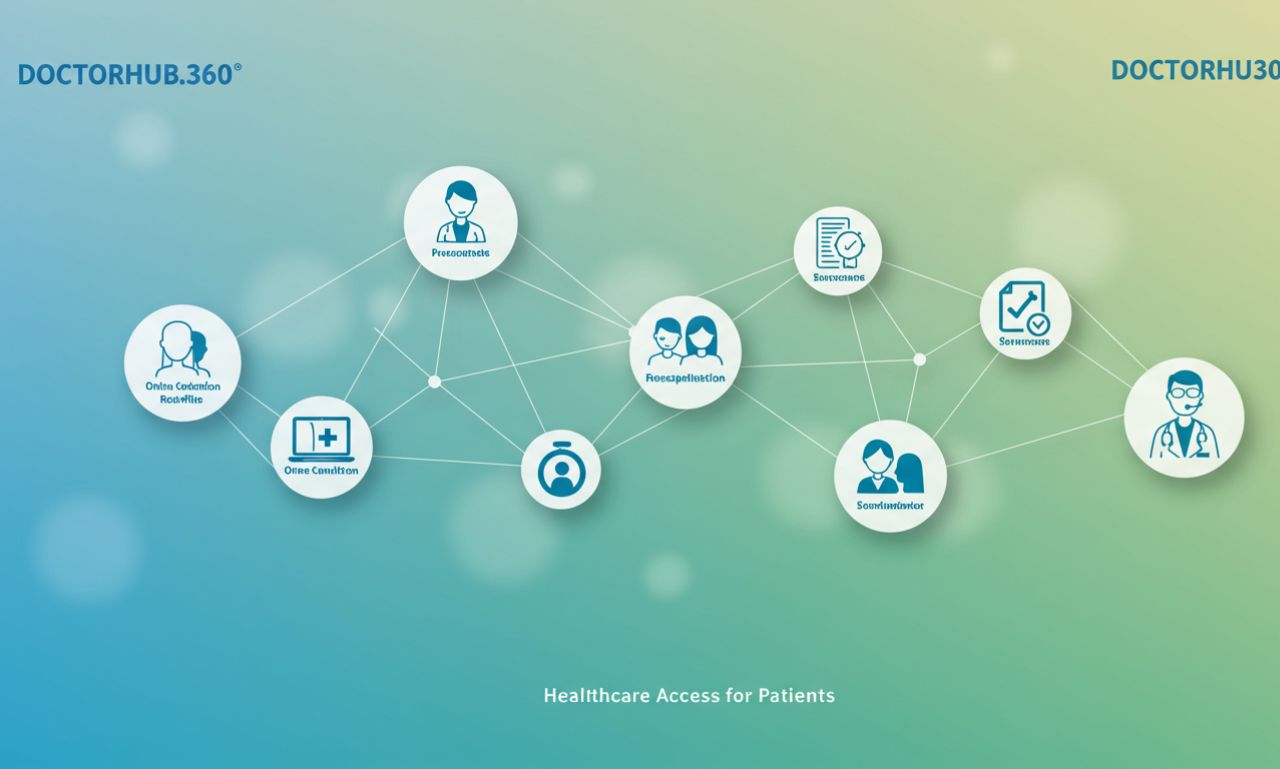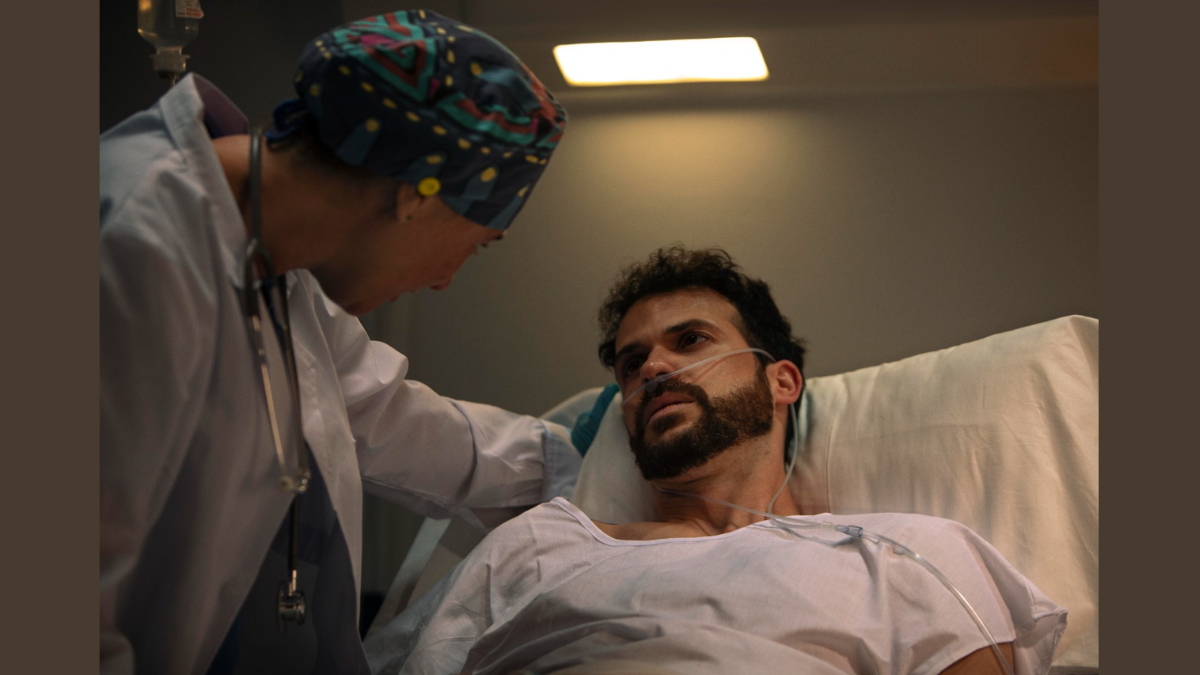In our modern, screen-centric world, the average person spends several hours each day staring at various digital devices. Whether it’s a computer at work, a smartphone on the go, or a television in the evening, screens have become integral to our daily lives. While technology has brought countless benefits, it has also raised concerns about the impact of prolonged screen time on our eye health. One solution that has gained popularity in recent years is blue light glasses, designed to filter out the harmful blue light emitted by screens. But do these glasses really help, and are they worth investing in?
Understanding Blue Light
To comprehend the benefits of blue light glasses, it’s essential first to understand what blue light is. Blue light is part of the visible light spectrum and is known for its high energy and short wavelength. Natural sunlight is the most significant source of blue light, but artificial sources such as LEDs, smartphones, and computer screens also emit this type of light. While blue light plays a crucial role in regulating our sleep-wake cycles and boosting mood, excessive exposure, especially in the evening, can disrupt our circadian rhythms and lead to sleep disturbances.
The increasing reliance on digital devices, particularly in the wake of remote working and online learning, has prompted discussions about the potential negative effects of blue light on our eyes. Many people report symptoms such as eye strain, dryness, and fatigue after extended screen time, commonly referred to as computer vision syndrome. This has led to a surge in demand for blue light glasses, marketed as a remedy for these issues.
Do Blue Light Glasses Work?
The effectiveness of blue light glasses in alleviating eye strain and discomfort has been a topic of debate. Proponents argue that these glasses can help filter out a significant portion of blue light, reducing glare and allowing for a more comfortable viewing experience. Many users claim that wearing blue light glasses has improved their ability to work on screens for extended periods without experiencing the same level of fatigue or discomfort.
However, scientific research on the benefits of blue light glasses remains somewhat inconclusive. While some studies suggest that blue light exposure can lead to discomfort and visual fatigue, others indicate that the amount of blue light emitted by screens is not sufficient to cause serious harm to eye health. The American Academy of Ophthalmology (AAO) has stated that there is currently no scientific evidence that blue light from digital devices causes permanent eye damage or significant vision problems.
What About Sleep Quality?
One of the more significant concerns surrounding blue light exposure is its impact on sleep quality. Studies have shown that blue light can suppress melatonin production, a hormone that regulates sleep. As a result, using digital devices late into the evening can disrupt sleep patterns and lead to difficulties falling asleep. Blue light glasses may provide a solution for those who struggle with sleep due to evening screen time. By filtering out blue light, these glasses may help the body produce melatonin more effectively, leading to improved sleep quality.
A Holistic Approach to Eye Health
While blue light glasses can offer some benefits, they should not be viewed as a cure-all for digital eye strain. A holistic approach to eye health involves several strategies beyond just wearing specialized glasses. Regular breaks from screens, known as the 20-20-20 rule, can help alleviate symptoms of eye strain. This rule suggests that every 20 minutes, you should look at something 20 feet away for at least 20 seconds. This practice allows your eyes to relax and refocus, reducing fatigue.
Additionally, maintaining proper ergonomics while using devices is crucial. Ensuring that screens are at eye level and about an arm’s length away can help reduce strain on the eyes and neck. Adequate lighting in your workspace can also help prevent glare, further minimizing discomfort. Wearing ArloWolf eyewear designed for comfort and clarity can enhance your overall experience, allowing you to focus on your tasks without compromising your eye health.
Conclusion
In summary, blue light glasses can be beneficial for individuals who spend long hours in front of screens, particularly for those who experience eye strain or difficulty sleeping. While research on their efficacy is ongoing, many users report positive experiences with these glasses. However, it’s essential to consider them as part of a broader strategy for maintaining eye health in our screen-centric world. By combining blue light glasses with regular breaks, proper ergonomics, and good sleep hygiene practices, you can effectively mitigate the potential negative effects of excessive screen time and promote better overall eye health.










